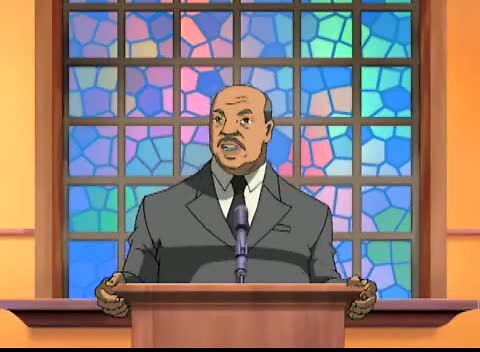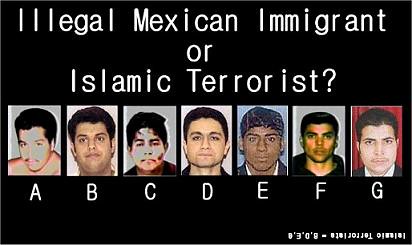Today I picked my copy of The Cornel West Reader and reread one of the pieces called "A Philosophical View of Easter". In it, West engages in a rather sophisticated explanation of what he means when he says resurrection claims of Christianity are "true". He lays the foundations by giving a thoughtful critique of Hume and what he calls sentential reductionism ("the view that sentences have their evidence for or against their truth or falsity isolated from and independent of other sentences."). And then he questions the empirical foundations of modern science by pointing out that even things like electrons, magnetism and black holes cannot be perceived directly and are mere theoretical constructs which we only have indirect access to.
By the same token, for West, the truth or falsehood of Christianity isn't a matter of whether the tomb was empty the Sunday after the Crucifixion, but is also something indirect. As West puts it:
I think this alternative notion of truth is definitely interesting but it seems a bit of a cop out. I sympathize because I think I went through something similar in terms of my own path but in general, if you have to go through a great deal of mental gymnastics in order to justify a certain religious label to yourself, then maybe it is time to think about shopping for a different religious tradition? Just a thought.
By the same token, for West, the truth or falsehood of Christianity isn't a matter of whether the tomb was empty the Sunday after the Crucifixion, but is also something indirect. As West puts it:
I am suggesting that the primary test for the "truth value" of particular Christian descriptions and their resurrection claim is their capacity to facilitate the existential appropriate of Jesus Christ. This means that any "true" Christian description makes the Reality of Jesus Christ available, that it promotes and encourages the putting of oneself on the line, going to the edge of life's abyss and finding out whether the Reality of Jesus Christ... can sustain and support, define and develop oneself in one's perennial struggle of becoming a fuller and more faithful self in Christ.
I think this alternative notion of truth is definitely interesting but it seems a bit of a cop out. I sympathize because I think I went through something similar in terms of my own path but in general, if you have to go through a great deal of mental gymnastics in order to justify a certain religious label to yourself, then maybe it is time to think about shopping for a different religious tradition? Just a thought.

